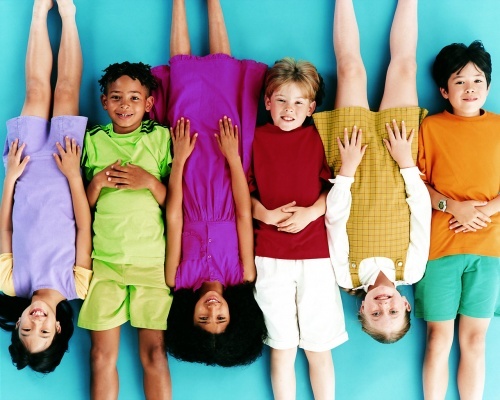
“While there is little difference between boys and girls in early childhood with respect to nutrition, health, education and other basic indicators, differences by gender appear increasingly more pronounced during adolescence and young adulthood,” said Geeta Rao Gupta, UNICEF Deputy Executive Director. (From UNICEF & UN Centre Sources)
Disparate Treatment Grows with Age:
New report by the UN’s Children’s Fund (UNICEF) highlights significant gaps in areas such as education and health, mostly favouring males, as boys and girls in developing countries grow older. The report is the most comprehensive compilation to date of sex-disaggregated statistics on children and young people in the developing world, the agency stated in a news release. Data from the report, entitled “Boys and Girls in the Life Cycle,” suggests that gender disparities are relatively small in children’s early years of life in the four areas examined – education, health, nutrition and protection. For example, children are equally likely to be registered at birth irrespective of sex; exclusive breastfeeding rates in the first six months of life are similar for both sexes; and the likelihood of being undernourished is the same for boys and girls under age five. Also, in most countries with available data, similar proportions of boys and girls attend pre-school education. However, gender inequalities in access to education, health and protection are significantly greater as children approach adolescence, the report notes.
Sex & Marriage:
The data shows that girls are significantly more likely to be married as children (under 18 years of age) and to begin having sex at a young age. Young women are less likely to be literate than young men and are less likely to watch television, listen to the radio and read a newspaper or magazine.
In addition, young men are better informed about HIV/AIDS and are also more likely to protect themselves with condoms during sex. Young women in sub-Saharan Africa, the report says, are two to four times more likely to be infected with HIV/AIDS than young men. “In addition to the harmful and often-tragic effects of gender inequalities on children themselves, the kinds of persistent inequalities that we continue to see in the available data, especially in the adolescent years, are major barriers to the efforts of many nations to move out of long-term poverty and achieve their development aspirations,” she added.
Related FILM REPORT –“UN Women” -
diplomaticallyincorrect.org/films/movie/un-womenfrom-to/25110
Related Film Report - “Sexual Violence – ‘City of Joy’” -
diplomaticallyincorrect.org/films/movie/sexual-violence-survivorscity-of-joy/24498
Related ARTICLE – “All in a Day’s Work” -
diplomaticallyincorrect.org/films/blog_post/all-in-a-days-work-by-susan-sacirbey/29765
By Ambassador Muhamed Sacirbey
Facebook – Become a Fan on “Diplomatically Incorrect”
Twitter – Follow us at DiplomaticallyX
“War Crimes Justice” Channel -
diplomaticallyincorrect.org/c/war-crimes-justice

